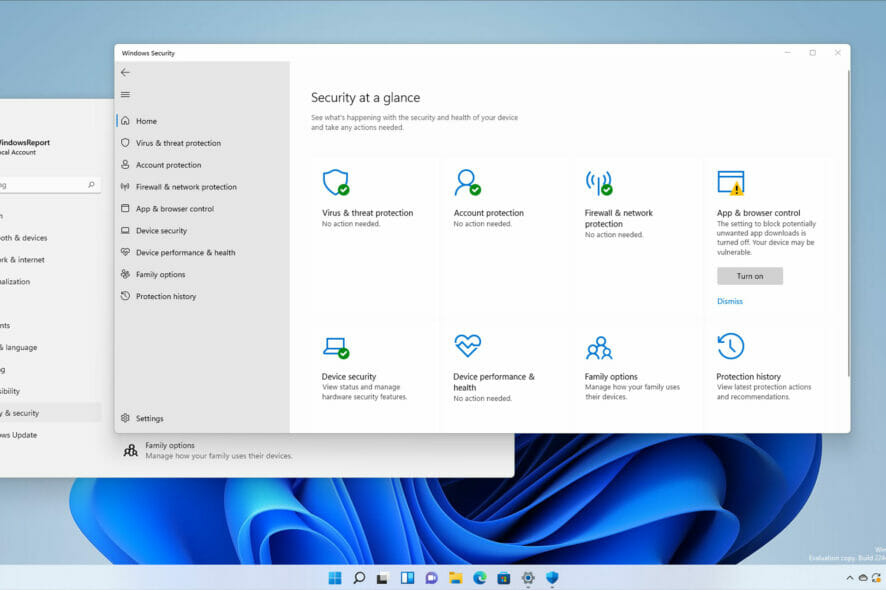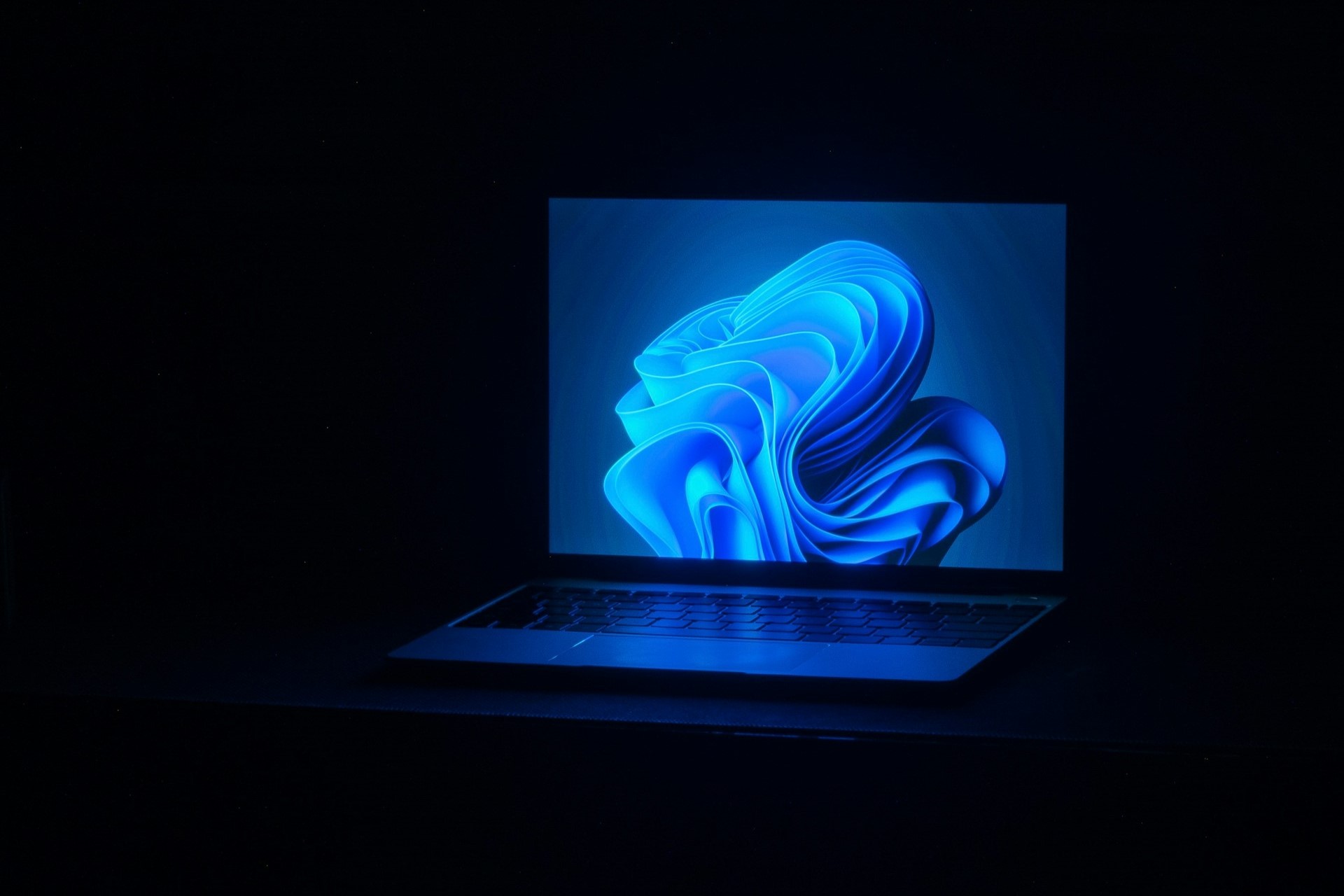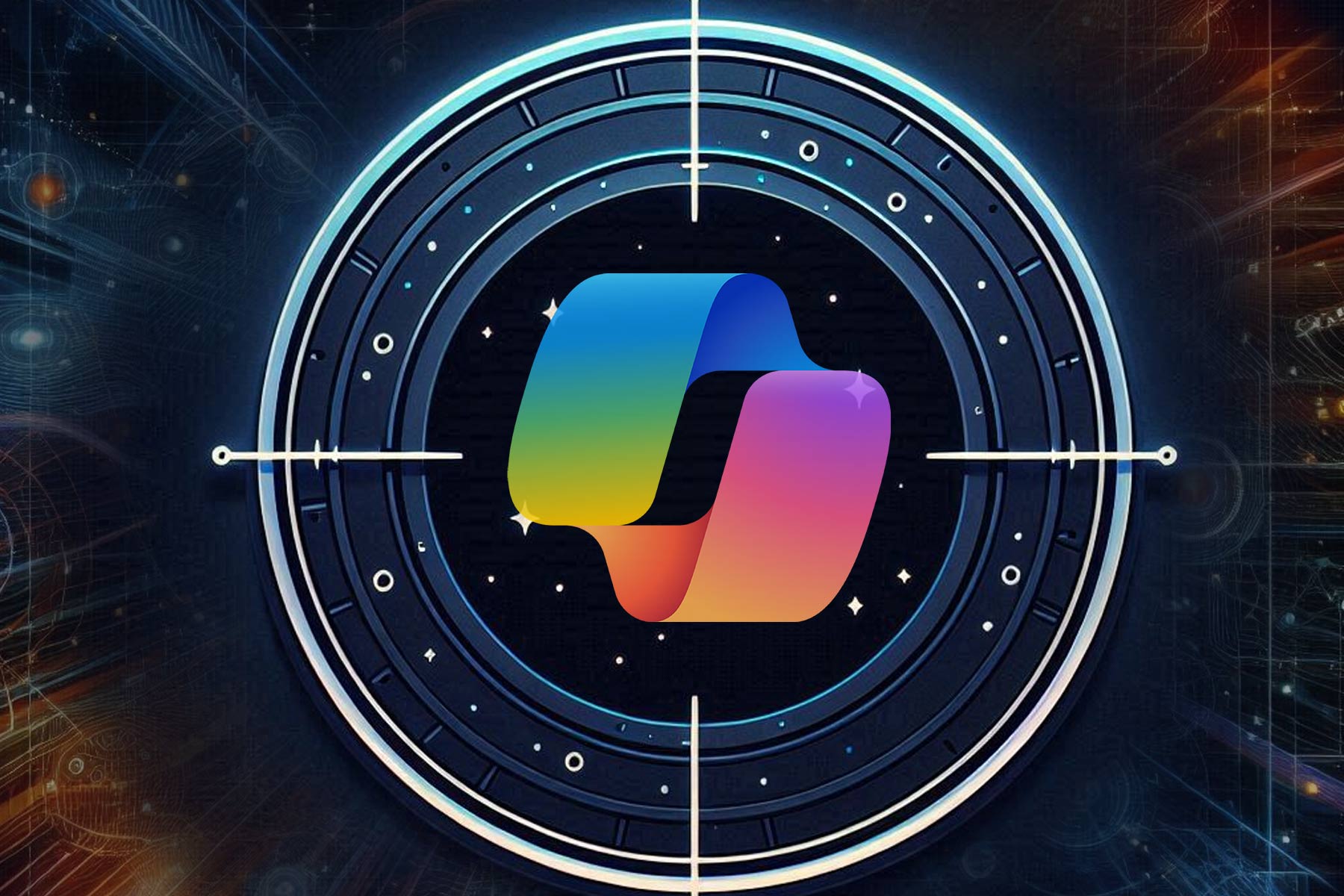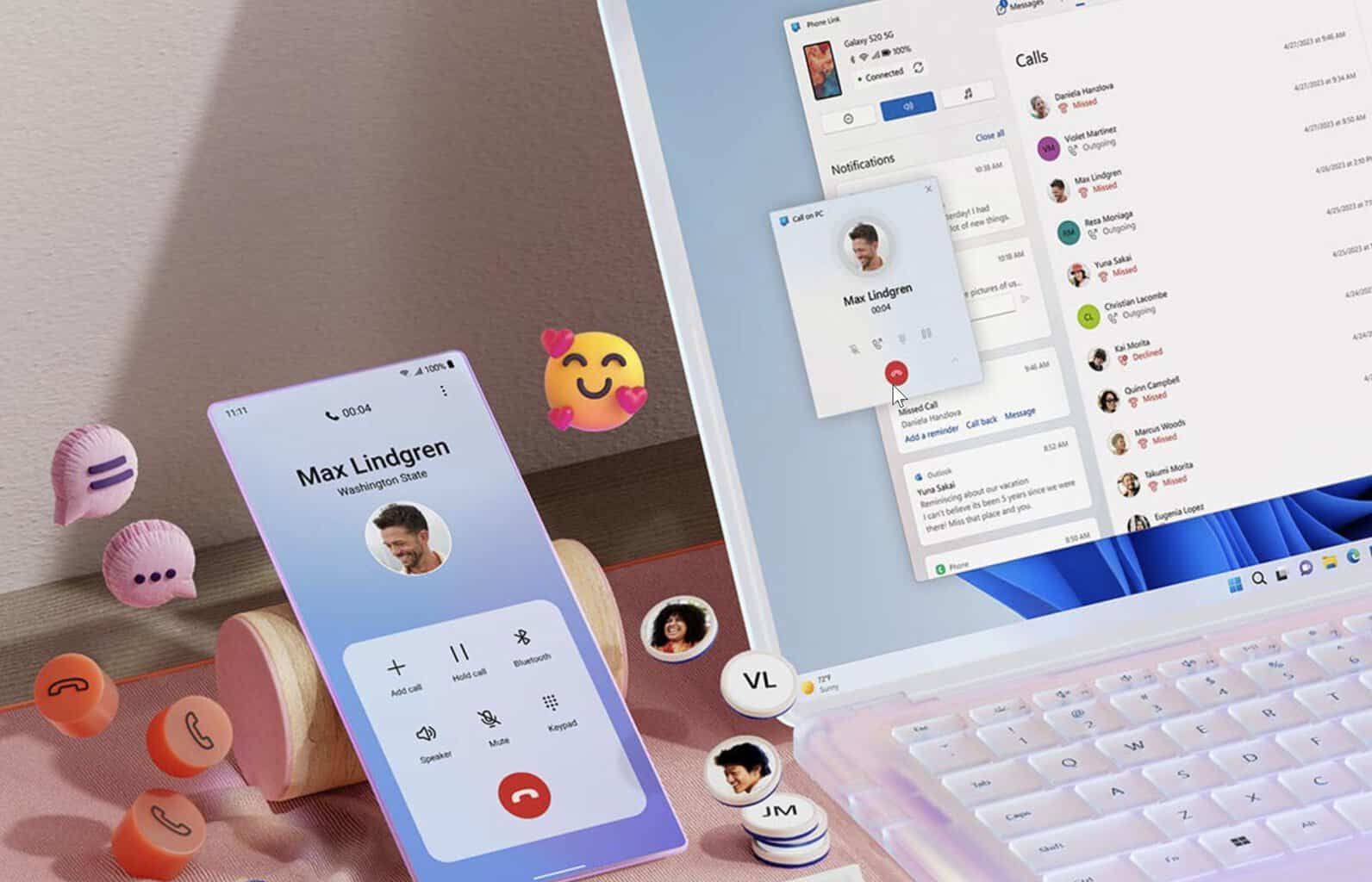Does Windows 11 Need an Antivirus? Yes, and Here's Why
Get to explore the undeniable facts about Windows 11 security
4 min. read
Updated on
Read our disclosure page to find out how can you help Windows Report sustain the editorial team. Read more
Key notes
- The latest version of Microsoft’s operating system comes with its own security features, including a built-in antivirus.
- It’s always good practice to have multiple antivirus programs on your PC, just in case one fails or becomes incompatible with an update.

The release of Windows 11 created a buzz as the most secure OS yet. This has prompted users to wonder whether Windows 11 needs an antivirus.
Because Microsoft has been consistently criticized for its security flaws, it’s no surprise that users are questioning the security of the latest version of Windows.
Windows 11 was designed with security in mind. The latest version of the popular operating system is more secure than ever before, with new features such as SmartScreen designed to protect you from malware and other threats.
Is Windows 11’s antivirus good enough?
Does Windows 11 come with an antivirus? Yes. Windows 11 has its own antivirus: Windows Defender. The main question here is whether or not it will be good enough to protect your system from all kinds of threats out there.
The longer answer is that several factors determine whether or not you need an antivirus program on your laptop or desktop.
If your activities are not internet-intensive and there is no frequent sharing of files, then Windows Defender is good enough for you.
It can help protect against viruses and other threats that might try to attack your PC through email attachments or websites. But it isn’t as powerful as third-party antivirus software. You can look at a more in-depth review of Windows Defender to see all it offers.
Does Windows 11 need an antivirus?
1. Security patches aren’t always secure
In a world of software updates and patching, antivirus is no exception. But does it mean that you don’t need antivirus protection? No. Updates are not always secure as sometimes they are infected with bugs, so it is good to be protected at all times.
2. Hackers are watching your online activities
How much time do you spend online? If you’re constantly connected to the internet, then chances are that there is malware out there specifically targeting computers with internet access.
3. Your sensitive information is at risk
Another factor is how much sensitive data you have stored locally on your PC. If you’re someone who uses their laptop for work purposes, then this could include sensitive information.
Your browser stores your credit card numbers or passwords in browser tabs or browser history files. Hackers can access such information so you need to practice safe browsing habits by using secure browsers or an additional antivirus program to secure your confidential information.
4. Windows Defender cannot do it alone
There are some things that Windows Defender cannot do. It’s designed more for detecting and removing malware than protecting your computer against viruses, tracking cookies, and other threats.
You’ll notice that even in the antivirus market share, Windows Defender is not among the top antiviruses because it’s just a basic security tool. You will need another antivirus program to do the job.
It’s ideal you get a security tool with multi-layered protection. We recommend ESET HOME Security Essential because it combines up-to-date threat databases with advanced machine learning to ensure all-around protection.
ESET is able to protect against viruses, malware, spyware, phishing attacks, ransomware, script-based attacks, and network problems. It secures online payments and has parental controls and webcam protection.
➡️ Get ESET HOME Security Essential
5. You need your privacy
Sometimes, you just want to browse the internet without having to deal with pop-up ads or tracking cookies. A third-party antivirus can help you remain anonymous on the internet.
Can Windows 11 get viruses?
Yes. Windows 11 can get infected with malware and viruses like other versions of Windows before it. There are no guarantees that your computer will never get infected with a virus or malware.
However, several new features make it easier for Microsoft to protect users from these threats. It’s safe, but it also depends on your activities.
As Microsoft ups its game in tightening the security of the OS, so are cybercriminals. You need antivirus protection when using Windows 11. If you don’t have it, you risk being infected with malware or other threats.
There’s no one best antivirus for Windows 11 as they all differ, especially based on your needs. You can check out our list of reliable antiviruses to protect yourself.
We hope you now have a clearer picture of whether you need an additional antivirus for Windows 11. If you want to know more about antivirus usage and other statistics, check out this guide.
As always, we enjoy your feedback! Do not hesitate to let us know your reasons for adding a third-party antivirus if you have one or are just using Windows Defender in the comments below.












User forum
0 messages